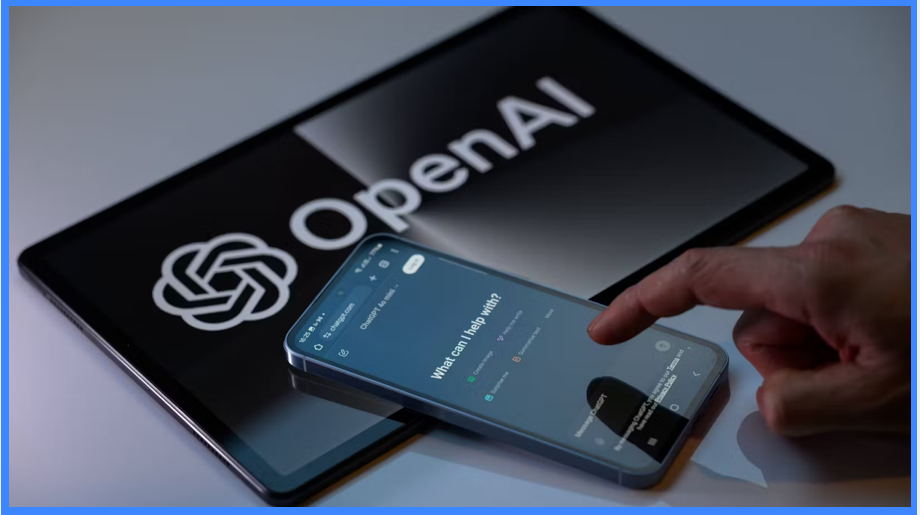SAN FRANCISCO, Oct. 21, 2025 — OpenAI has officially entered the browser market with the launch of ChatGPT Atlas, an AI‑driven browser designed to transform how users interact with the web. The release, available first on macOS and rolling out soon to Windows, iOS, and Android, embeds OpenAI’s flagship chatbot directly into the browsing interface.
Features and Capabilities
Atlas allows users to:
- Converse with web pages through a ChatGPT sidebar that can summarise articles, analyse data, or compare products.
- Use “agent mode” (for Plus and Pro subscribers) to perform tasks such as booking travel, scheduling events, or completing online purchases.
- Access AI‑powered search and navigation without leaving the browser, eliminating the need to copy and paste between apps.
OpenAI CEO Sam Altman described Atlas as a “once‑in‑a‑decade opportunity to rethink the browser,” arguing that conversational interfaces could eventually replace the traditional URL bar.
Competitive Landscape
The launch places OpenAI in direct competition with Google Chrome, which commands roughly 3 billion users worldwide. Google has already integrated its Gemini AI models into Chrome, while rivals such as Perplexity’s Comet and Opera have also repositioned themselves as AI‑first browsers.
By embedding ChatGPT into Atlas, OpenAI aims to capture a share of the lucrative search and digital advertising market, long dominated by Google. Analysts note that if Atlas succeeds in shifting user behaviour toward conversational browsing, it could reshape the economics of online search.
Market Context
OpenAI, now the world’s most valuable startup with more than 800 million ChatGPT users, has been seeking new revenue streams amid rising infrastructure costs. A proprietary browser could serve as both a distribution channel for its AI models and a gateway to advertising and commerce revenues.
Outlook
While Atlas’s adoption will depend on user trust, speed, and compatibility with existing web standards, its launch underscores the growing AI arms race in consumer technology. For Google, the move represents perhaps the most direct challenge yet to its dominance in search and browsing.
Summary: OpenAI’s launch of the ChatGPT Atlas browser signals a major escalation in the battle for control of how people access information online. By embedding conversational AI into the browsing experience, OpenAI is positioning Atlas as a disruptive alternative to Google Chrome and a potential redefinition of the internet’s entry point.
OpenAI Picture from heute.at
Sources: VentureBeat [1]; MSN [2][3][4][5]; TechCrunch [6]; CBC [7]; CBS News [8]; India Today [9]; TechXplore [10].



